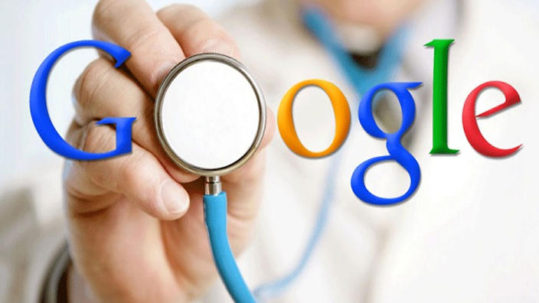
“Patient self-education usually is beneficial,” according to an article written by James F. Sweeney and published in the July 10, 2016, edition of Medical Economics. “It’s widely accepted that engaged patients tend to see better outcomes and are more likely to adhere to treatment plans.”
In fact, according to a 2013 study from the Pew Research Center, more than a third of U.S. adults have gone online to diagnose a medical condition that they or someone they knew had. And of those who researched a condition online, 46% said their findings led them to believe they needed help from a medical professional.
We’ve seen this very phenomenon in our own practice, again and again, and it’s why we created CardioVisual. Patients who come into the office armed with information from Dr. Google may indeed have the wrong information, but at least they are actively participating in their care, and that’s absolutely a step in the right direction. Apps such as CardioVisual allow us to make sure patients have access to correct information, and they allow patients to study and learn at their own pace.
The Medical Economics article, titled “Are educated patients good for medicine?” also asserts: “The internet makes it easy by putting an overwhelming amount of healthcare information — phony and legitimate, sponsored and independent, clinical and anecdotal — designed to educate and designed to sell —at the fingertips of patients.”
That’s why it important to point patients to authoritative sources, rather than letting them flounder about on the internet, reading who-knows-what gibberish.
CardioVisual is a multimedia platform that allows healthcare providers to explain, discuss and demonstrate conditions, procedures and devices with patients and colleagues using a vast library of short animation videos and illustrations of most cardiovascular areas. This tool aims to enhance provider-patient interaction, to improve patient understanding of complex cardiovascular issues.